#louis weichmann
Text
Why was the courtroom in the Manhunt finale shocked when Weichmann said he shared a bed with John Surratt Jr.? In 1865, most people who lived in boarding houses shared beds. A whole bed to yourself was an expensive luxury. No one in that courtroom would have understood it as anything sexual.
The 1860s response to "there was only one bed" was, "Yeah yeah, the one bed, we've all seen it." They wouldn't infer there was boning unless you told them there was boning.
3 notes
·
View notes
Link
#John Wilkes Booth#abraham lincoln#assassination#conspiracy#conspiracy theory#George Atzerodt#David Herold#Samuel Mudd#Edman Spangler#Lewis Powell#Michael O'Laughlen#Samuel Arnold#Mary Surratt#John Lloyd#Louis Weichmann#liberty#freedom#slavery#Civil War
0 notes
Text

2/28/21 2:09
Cancel 3:31
3:30 13 Percent Samuel Arnold train delayed Up it 3:31
2/27/21 3:29 13 Percent Phone
2/27/21 3:27 13 Percent Phone Pop Smoke
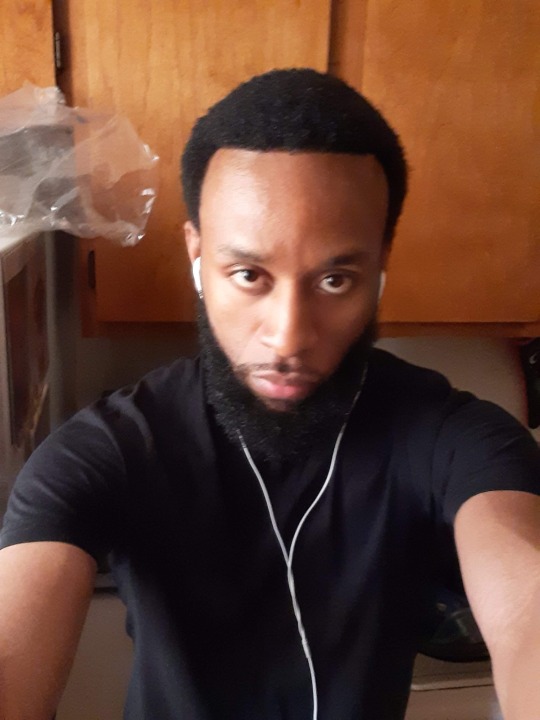
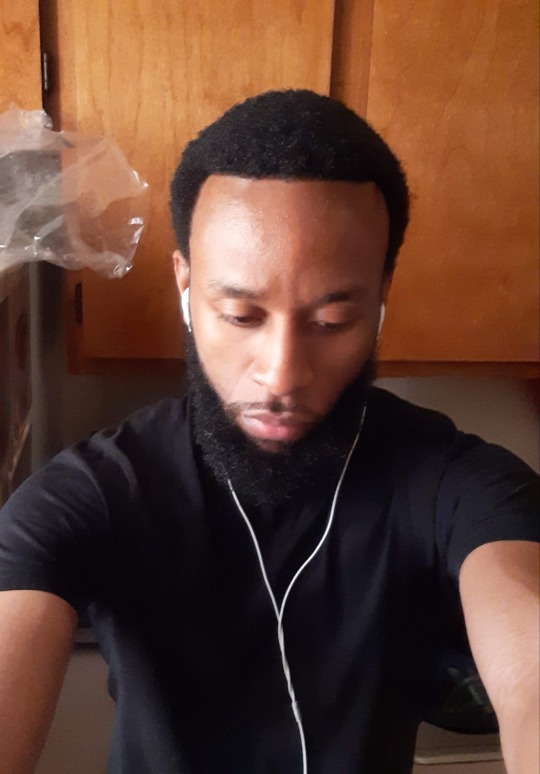
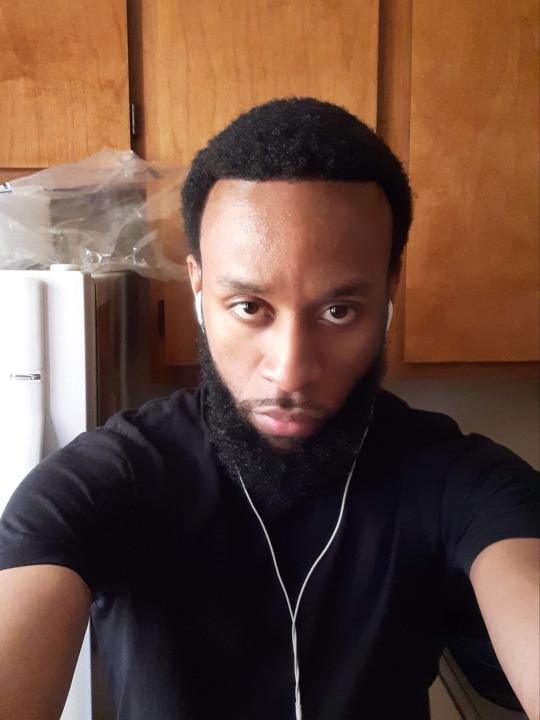
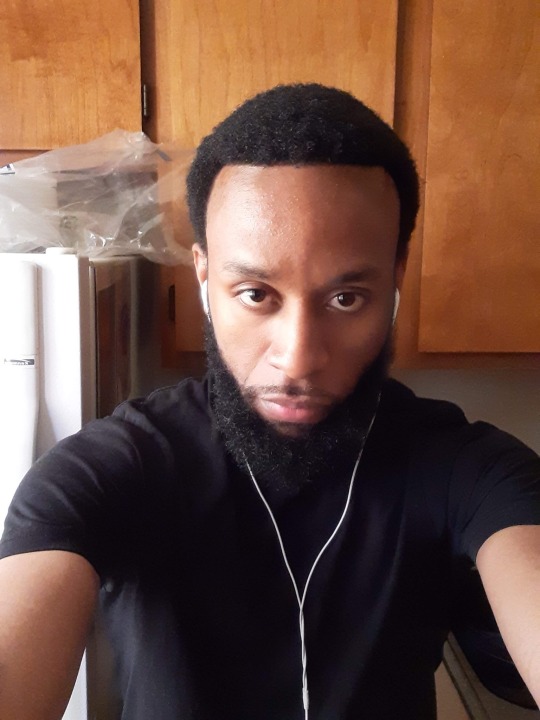
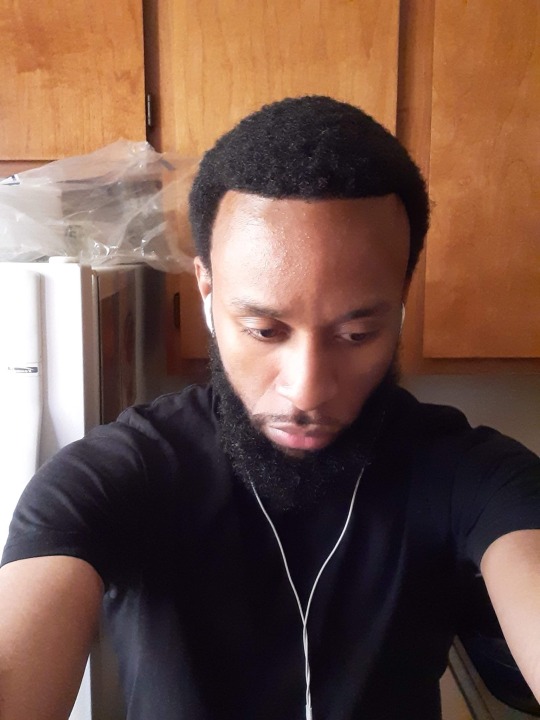
2/28/21 2:06 2:08 now 2:07
Saw 14 Percent last one tho
2/27/27 Up It 3:25 3:24


2/28/21 12:18 to 12:19 - 12:20
2/27/21 3:23 to 3:24 Saw 14 Percent Phone
2/27/21 Up it 3:25 to 3:29
0 notes
Photo
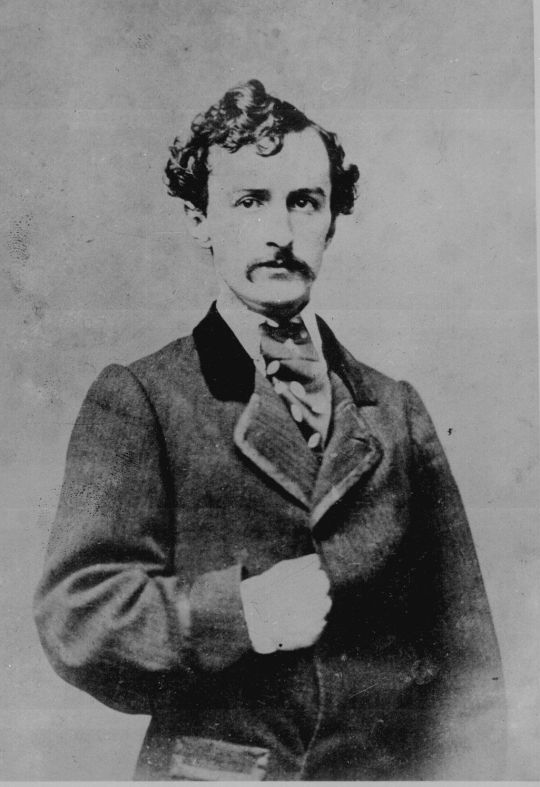
John Wilkes Booth (notice the hidden hand of freemasonry)
On April 12, 1865, Booth heard the news that Robert E. Lee had surrendered at Appomattox Court House. He told Louis J. Weichmann, a friend of John Surratt and a boarder at Mary Surratt's house, that he was done with the stage and that the only play he wanted to present henceforth was Venice Preserv'd. Weichmann did not understand the reference; Venice Preserv'd is about an assassination plot. Booth's scheme to kidnap Lincoln was no longer feasible with the Union Army's capture of Richmond and Lee's surrender, and he changed his goal to assassination.
0 notes
Text
this is a tangent from the post i reblogged but i’ve also noticed a real problem in more mainstream, straight-authored biographies where a biographer will footnote to someone else’s secondary source discussion of their subject’s sexuality, but without any meaningful evaluation of the original source--even when that’s necessary for a reader to understand the information they’ve just been given. ron chernow does this in his hamilton biography in a big, bad way (the main source he footnotes for all the laurens stuff is a Hot Mess of freudian, misogynist garbage), and i’ve seen it happen in a fairly random range of other stuff i’ve read--including footnotes to a 1990s frederick douglass biography (why), some of the scholarship on pietro metastasio, and secondary source assumptions about some of the random 19th century people i used to read a lot about in high school (adam badeau, louis weichmann, and probably others).
obviously this is kind of how we Do History and of course historians should credit other people’s scholarship but there’s a difference between bullshit freudian sensationalism, actual queer theory, and homophobia masquerading as representation. a lot of straight biographers just don’t want to wade into all this and make their own arguments (it’s safer to say james t flexner thinks something than to say YOU think it; and it’s easier to call a dude “ambiguously bisexual” than to discuss any of the sources that make you think so).
anyway it’s a process and the presence of pure-hearted queer historians doesn’t actually solve academic homophobia. and sadly not all scholarship that acknowledges our presence in history is all that it should be.
56 notes
·
View notes
Photo
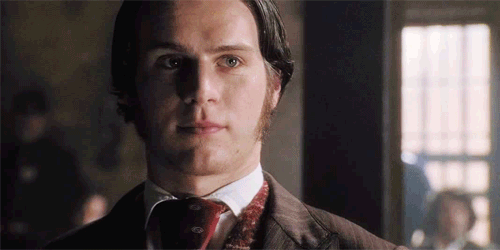
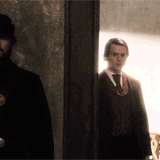
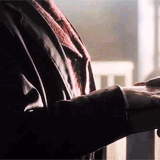
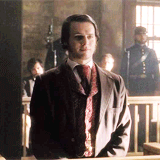
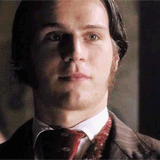
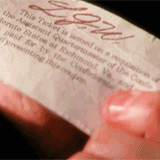
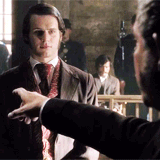

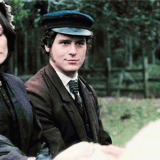
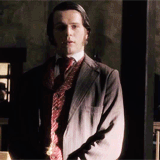
Jonathan Groff as Louis Weichmann in The Conspirator
170 notes
·
View notes